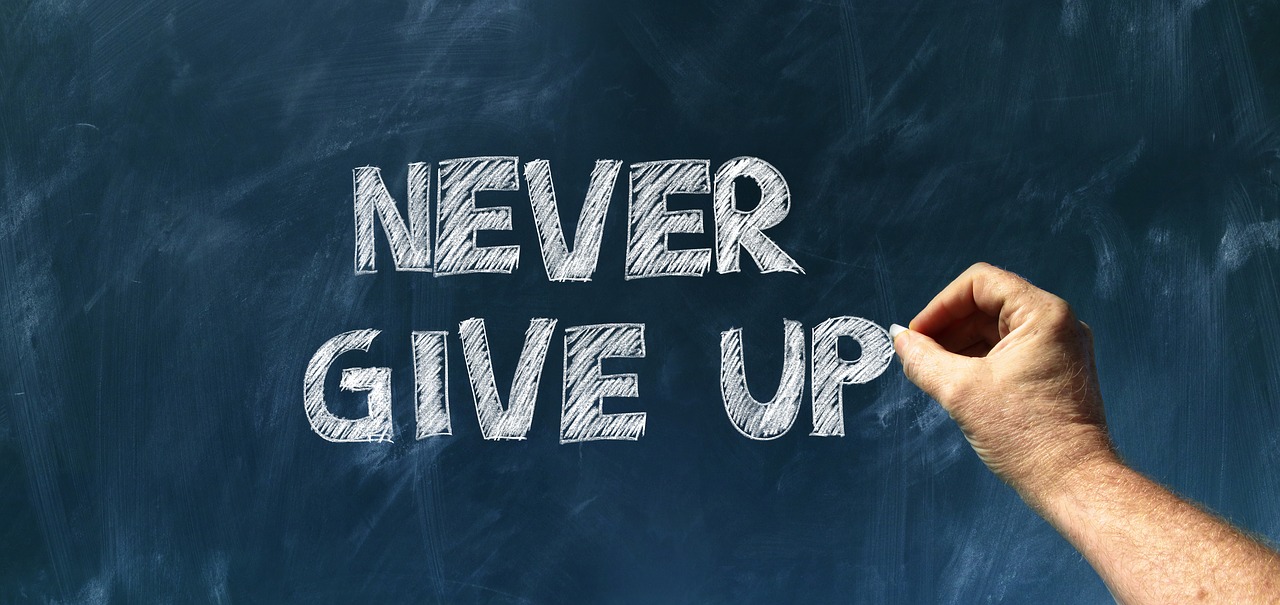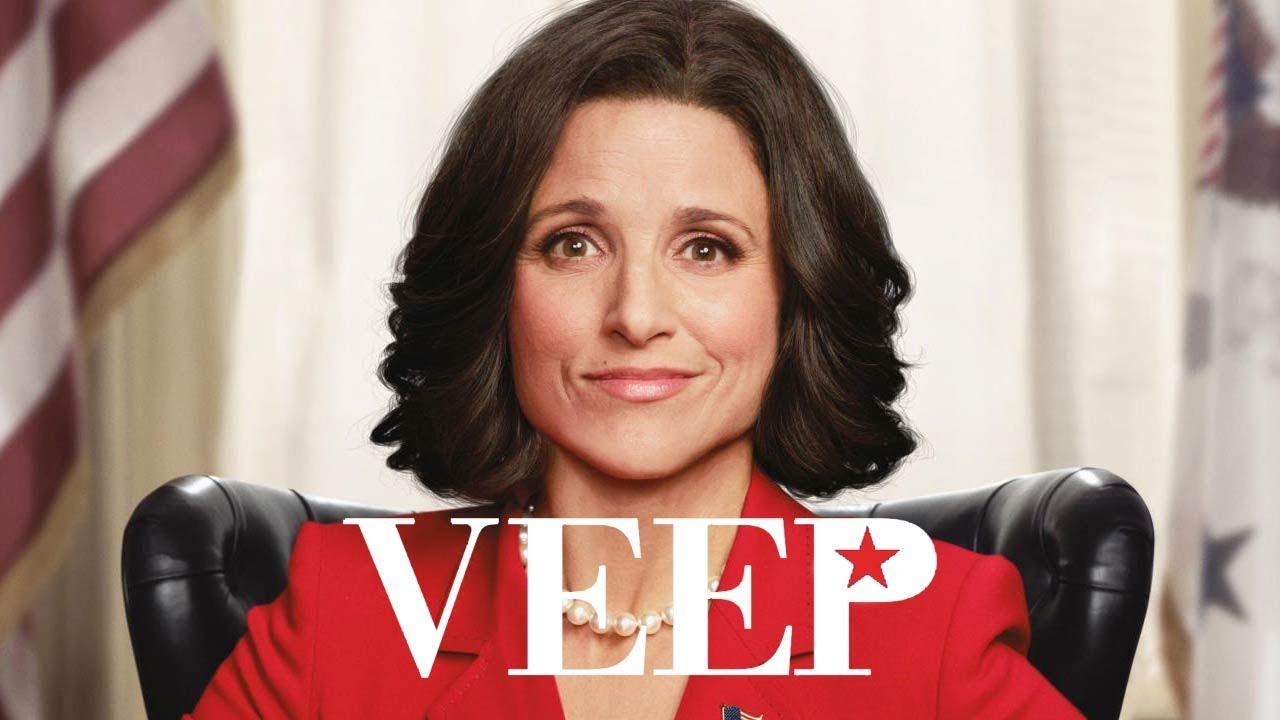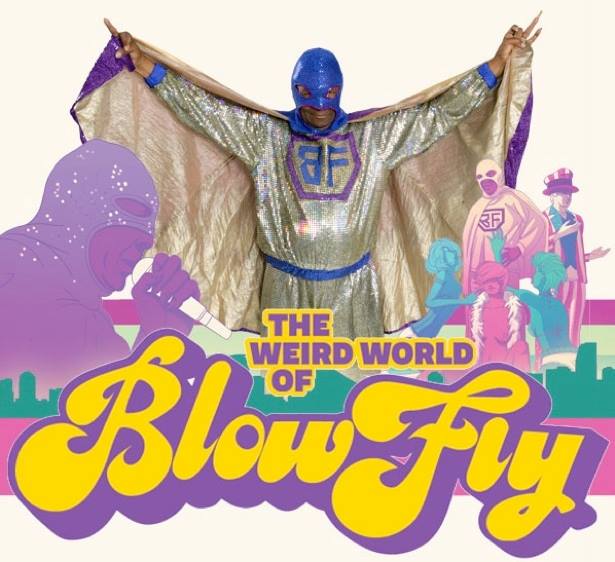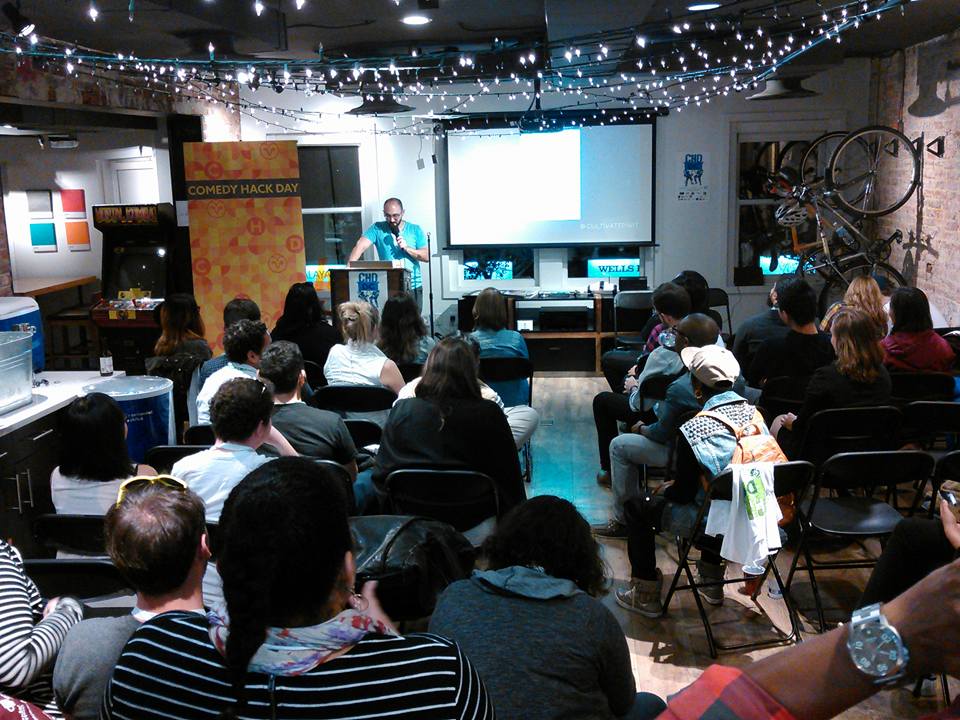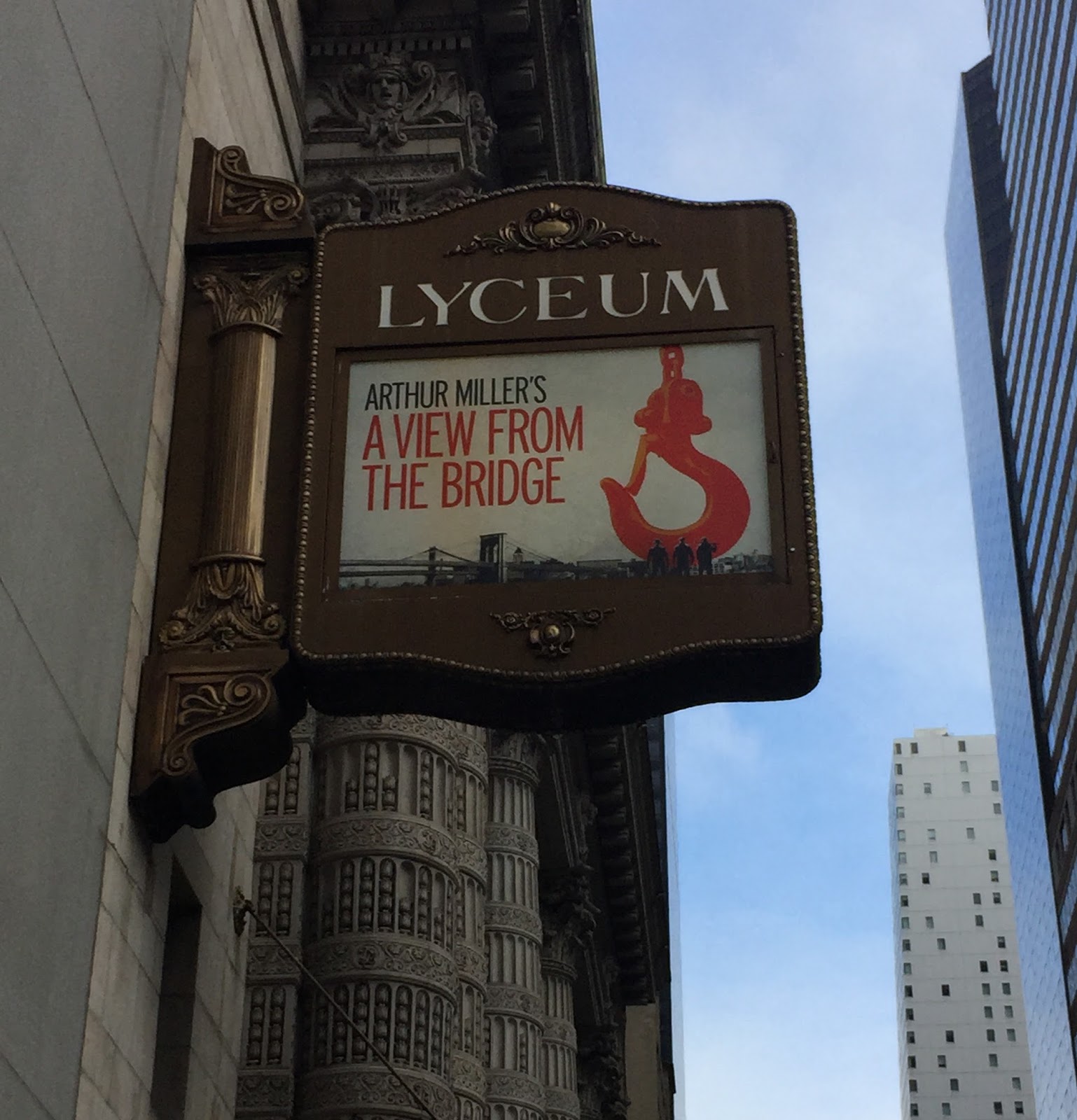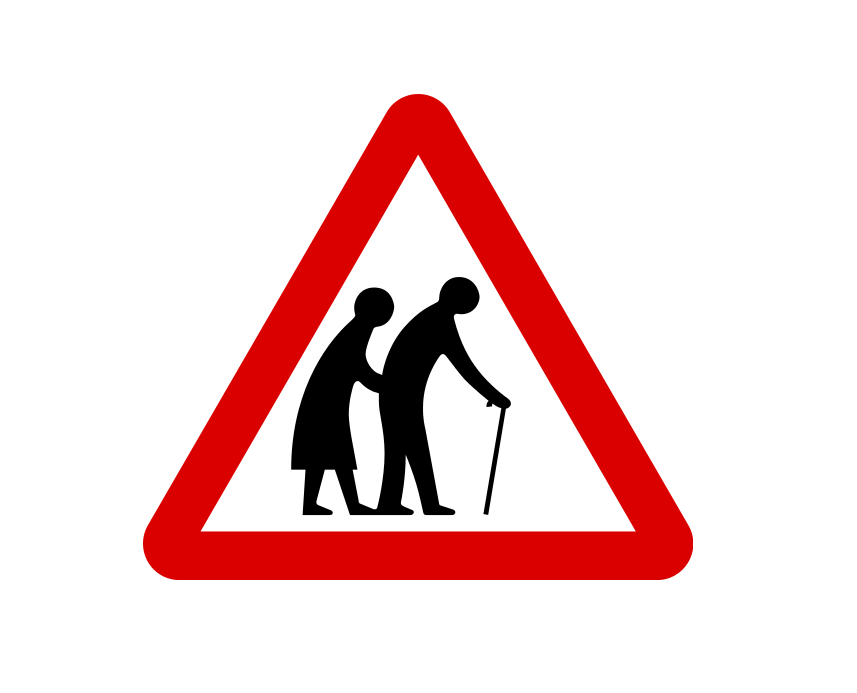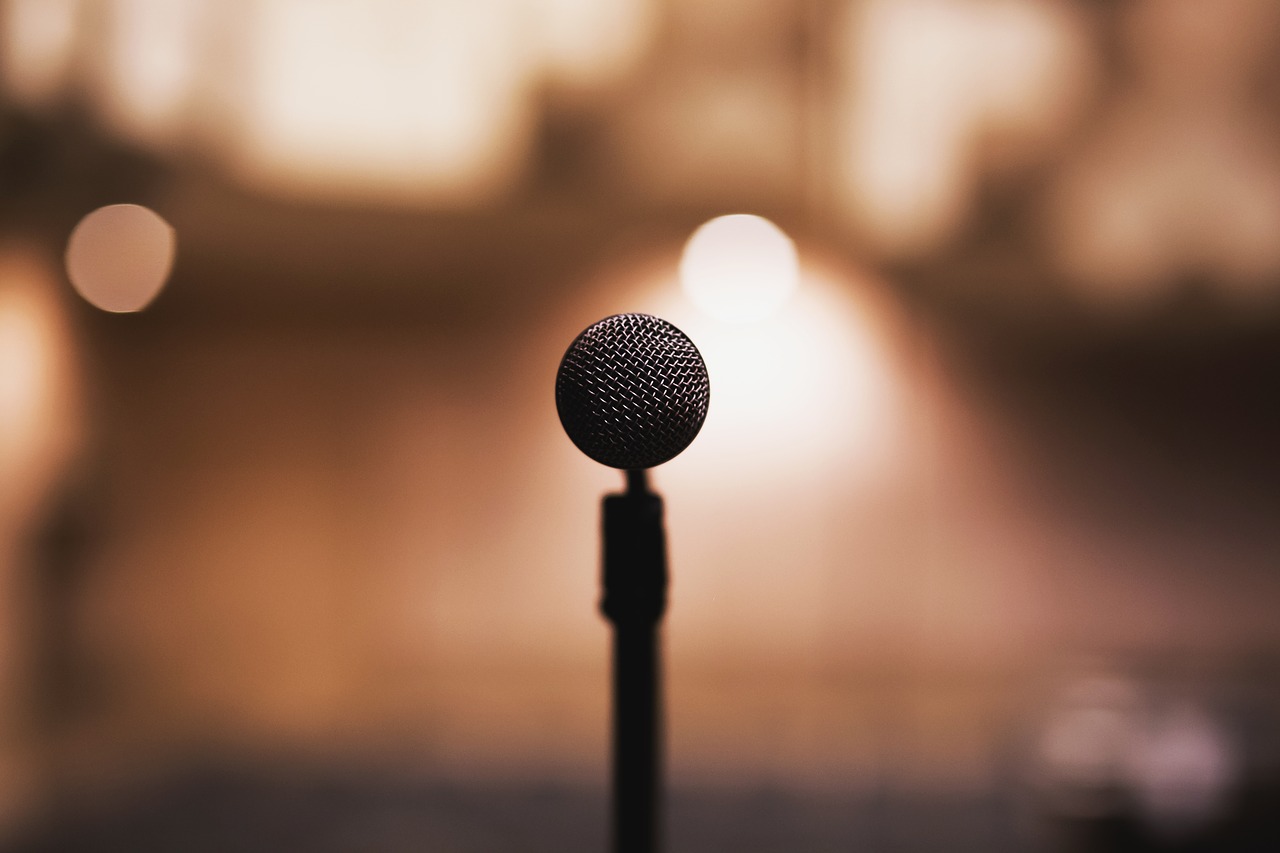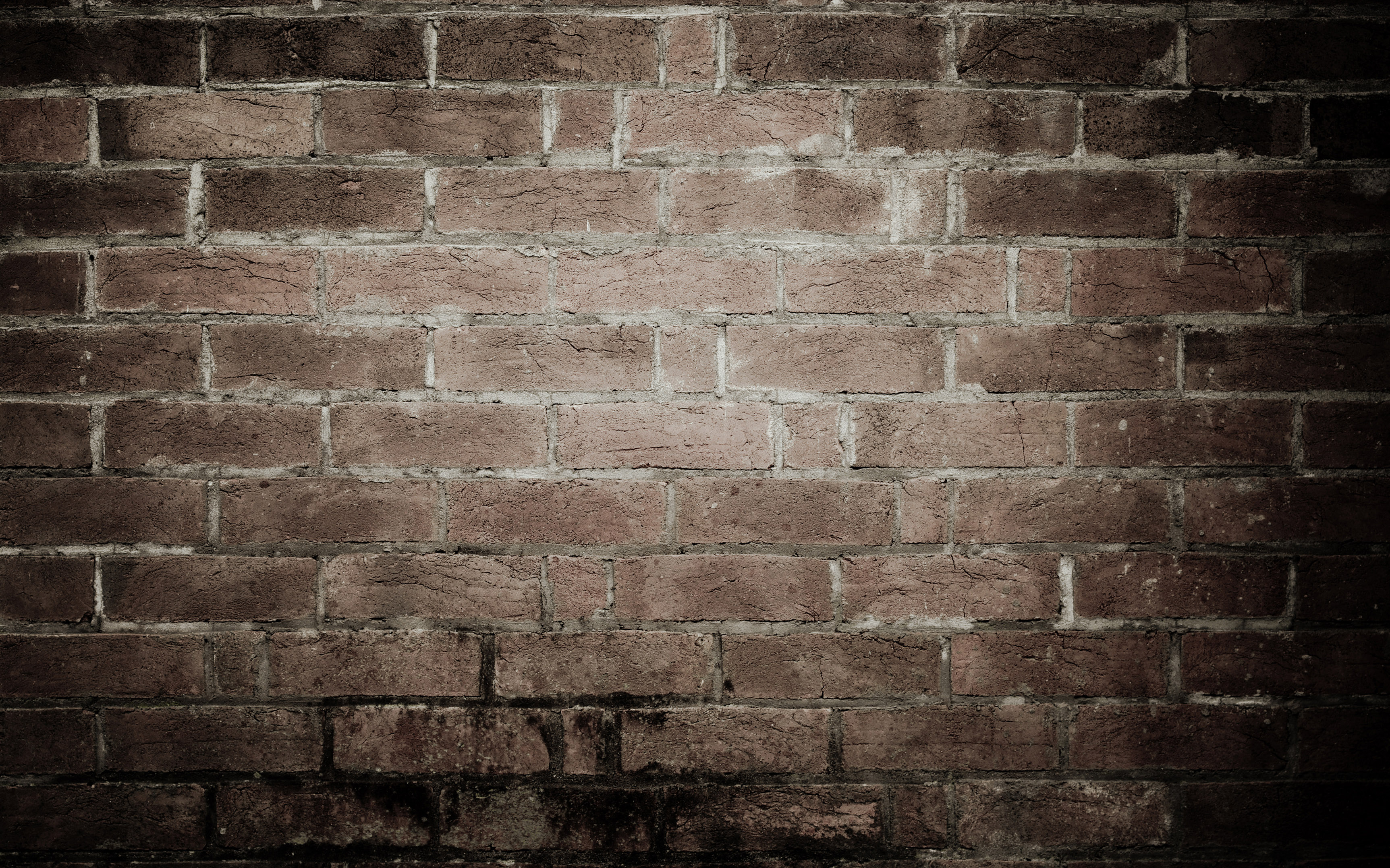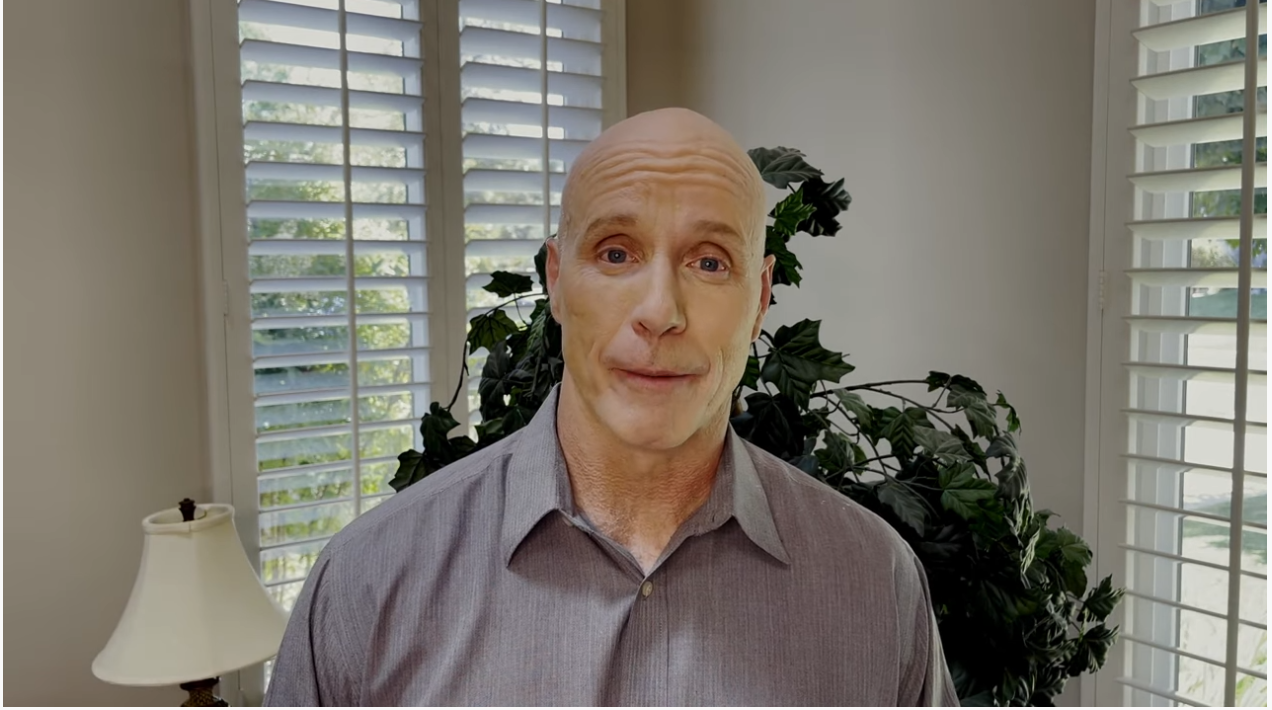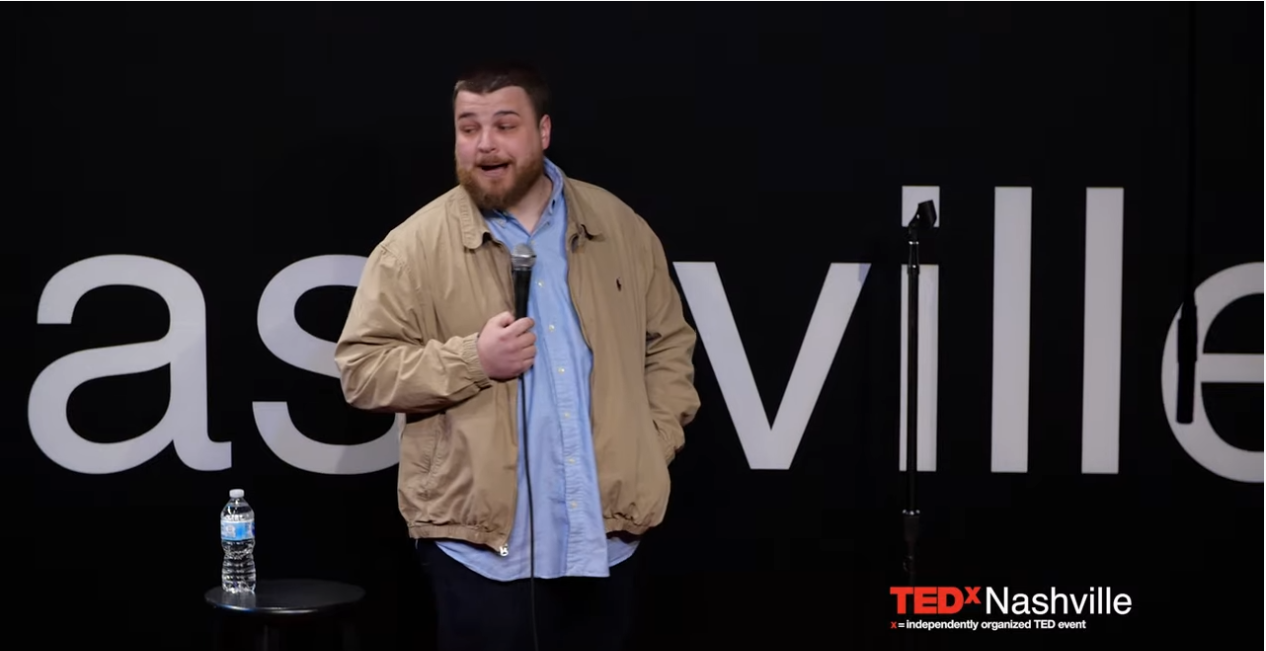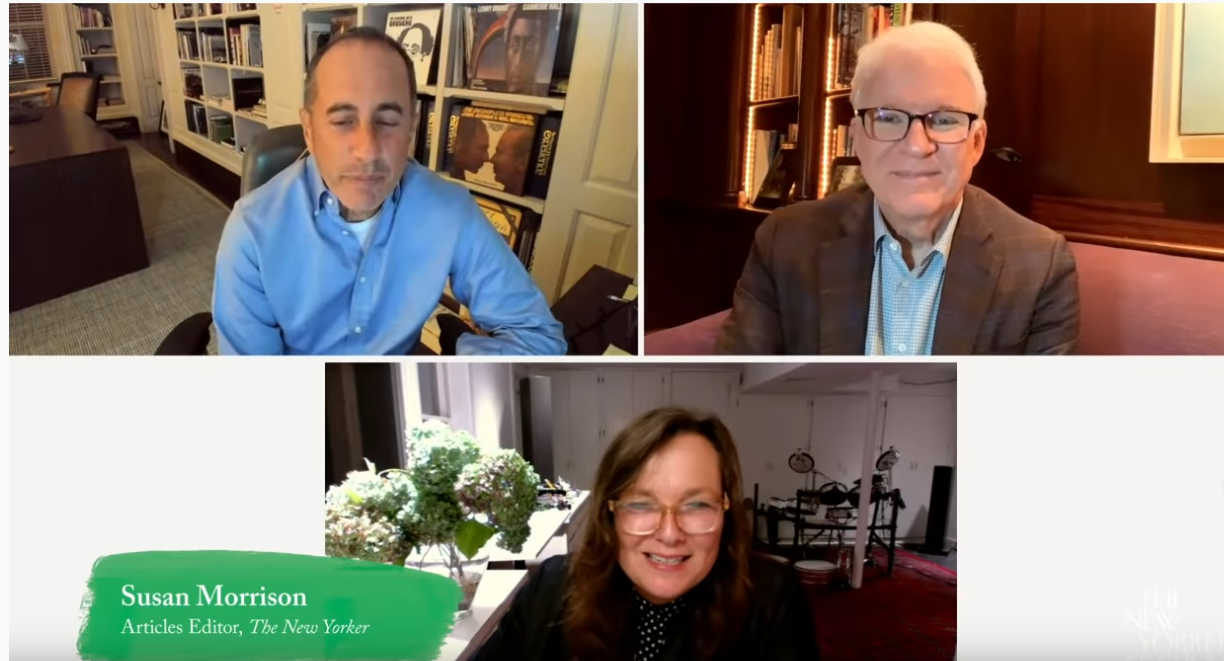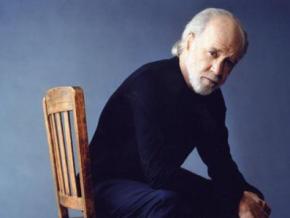By David Boyle
Looking back, I remember first being exposed to George Carlin in high school. A few of my classmates were big fans of his work too. We often shared our favorite jokes of his during lunch break and in the hallway, whenever we could find time and a place. A group of us recited his routines to make the day more tolerable when school had been a drag, a tiresome bore. Back then, although we were just kids at the time, we admired Carlin’s mastery of language and his gifts of observation and exhibition. His flawless delivery had a distinctive beat: the words had rhythm, flare, and succinct clarity.
Carlin’s performances were finely structured events. He wasn’t merely standing on stage with a microphone and making jokes like other comics. Carlin was, in fact, performing intellectually riveting comedy riffs: His body moved gracefully and confidently in conjunction with his jazzy dialogue. His mind and body were poetry in motion and when he stalked the stage nothing was off limits; nobody was safe from his delicious rants.
When Carlin stood before the crowd they knew that the only time he’d pause, even for a fraction of a second, was to sip his water. With his formidable presence he challenged audiences to stay focused, to listen astutely, and to understand and respect his platform, his insight.
Not surprisingly, Carlin never relied on becoming an improvisational comic or on diverting the crowd’s attention (a common stalling tactic used by comedians while they think of the next joke). He was always prepared, his mind constantly working one step ahead of the rest. Another device of some comedians that he never had to resort to was picking on audience members to arouse laughter, nor was he seen stumbling over his own words. And, unlike numerous comics today, Carlin wrote all of his own material. He owned a handful of computers and took them on the road during his personal and professional travels. They were loaded with files of works in progress, as well as richly seasoned material.
Audiences never knew what to expect from him, where he’d go next as an artist, which cannon he’d fire. Spending an evening with George Carlin meant fans got their money’s worth: 75-90 minutes of great comedy and commentary from an expert wordsmith — a first-rate entertainer who changed the comedy landscape forever.
I admire, in my own special way, the ways Carlin used profanity. He wasn’t afraid to say things that rattled cages. Carlin once said this about so-called “bad words”: “I’m tired of hearing about bad words and bad language. Bullshit. Words are completely neutral. It’s the context that counts, it’s the intention behind the words that makes them good or bad.”
Carlin was able to distance himself from his species. Doing so gave him the perspective he needed to strip away the levels of human existence and expose them for what they truly are. He did it so skillfully that people were compelled to listen: He was known for constantly polishing his bits, which is why he lasted for over forty years in comedy. Not a comedian alive has accomplished what Carlin did. He was in class by himself.
I am of course not the first to pay tribute to one of the most dazzling aspects of Carlin’s work: his love for language. He was devoted to English. He spent a lifetime entertaining and educating a society that, for some time now, has seemed less literate.
I’m a middle-aged man now. I am also a writer. I wish I could have somehow bottled Carlin’s brilliance and imbibed it regularly. My fellow writers are often asked in interviews who are their favorite writers, their biggest influences. They usually mention well-known, bestselling authors (Carlin was that too) that the majority of the public are familiar with. When this question has been directed at me I have never named anyone in particular because, in truth, a variety of people and things inspire me. Perhaps in the future if I’m asked that question again I will proudly answer…George Carlin.
 Suffice to say that as a writer I can see the beauty in language. Every day I learn something new and fresh about words, about structure, about composition, about rhythm. Fortunately, I’ve been published in different venues. Good luck and timing have given me a few breaks over the years and I’m grateful. But I still have much to learn. I plan on enhancing my education until the end, until my last breath. English is a complex, evolving universe, just like the one we live in. I realize that I’ll never be as amazing as Carlin, but I’ll always try to learn from him, even though he’s not with us anymore.
Suffice to say that as a writer I can see the beauty in language. Every day I learn something new and fresh about words, about structure, about composition, about rhythm. Fortunately, I’ve been published in different venues. Good luck and timing have given me a few breaks over the years and I’m grateful. But I still have much to learn. I plan on enhancing my education until the end, until my last breath. English is a complex, evolving universe, just like the one we live in. I realize that I’ll never be as amazing as Carlin, but I’ll always try to learn from him, even though he’s not with us anymore.
In death, he remains one of my teachers, aside from my patient, scholarly, and nurturing editor, Ed Minus. Ask anyone who knows me and they’ll tell you that I enjoy putting words down on paper, even when they don’t mesh, even when they’re missing that special luster. I can’t think of a better, more exhilarating, more gratifying way of expressing myself, than using the tools of the English language.
Carlin spent his life making people think, urging them to explore beyond their comfort zone, whether they liked it or not. He wanted us to analyze ourselves and the world we live in, and laugh our asses off. Some of us cringed when we saw the truth. Some of us embraced what we found and kept listening and laughing. I admit that at times I didn’t agree with everything Mr. Carlin said, but, as a man of strong convictions, he influenced intellectual opinions, he feared no one, nothing.
He was a spoken-word and written-word genius; a true artist, a humble man. Carlin broke down barriers in comedy and in life. He spoke for those who lacked the courage or the ability to speak for themselves. Carlin picked apart the system, and those in it, without regret, without remorse, without forgetting to be humorous.
George Carlin is gone, but his legacy will live forever in my mind. I feel as though I’ve lost a friend: a powerful, commanding, and fearless voice that I had always counted on to reveal the truth and provide a chuckle or two. Carlin’s style of comedy will never be equaled. In my opinion, none of his peers have been able to perform at his level—the highest level one can achieve. He cleverly analyzed and skewered every aspect of human life and the human species with razor sharp technique.
Thank you for inspiring me, Mr. Carlin. Thanks for being a great writer, a fabulous speaker, and a comedic philosopher. Thanks for the years of laughter and insight. Your legacy will live forever. And, as far as I’m concerned, you’re still The Master.
David Boyle’s work has been published in magazines, books, and one of his stories, Blindsided, was made into a short film. His catalog features an eclectic mix of short stories, poetry, essays, articles, editorials, and aphorisms on the writing craft. Boyle’s paperback collection of dark tales, Blood Works, is available online. Fans can visit him at his website.


